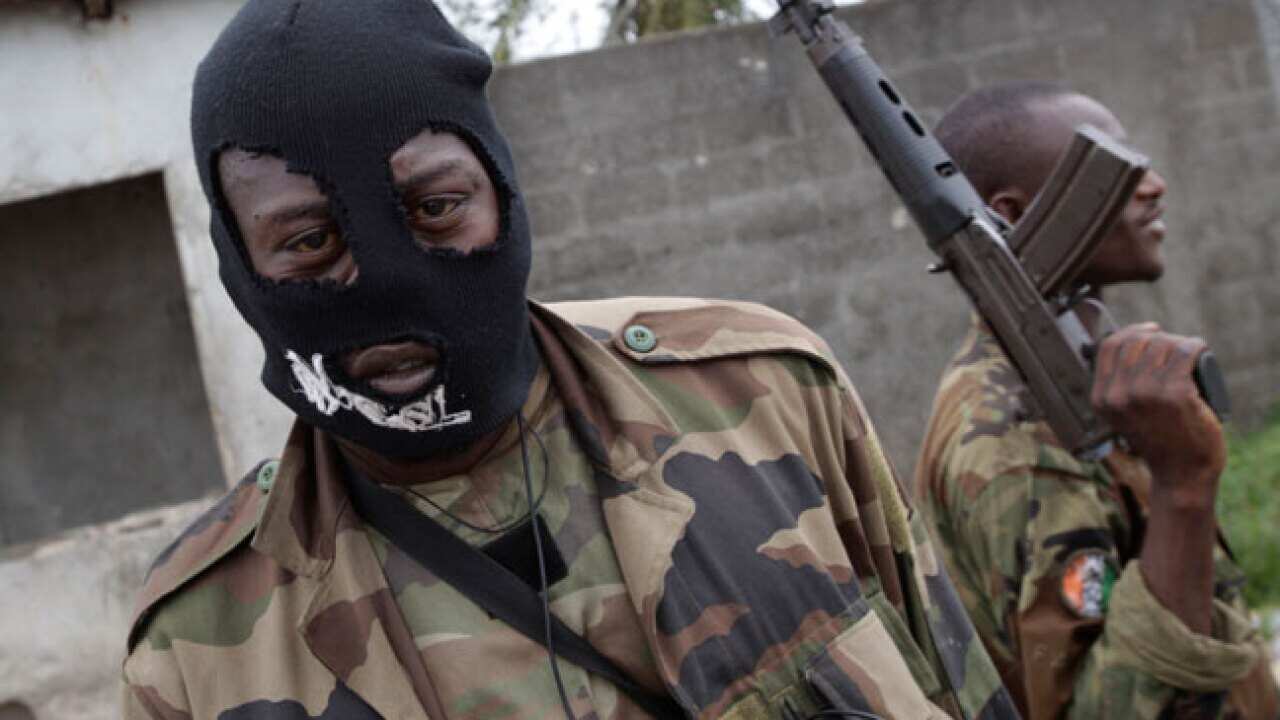Aid agencies warned on Tuesday that the humanitarian situation in the west of Ivory Coast was still critical while displaced people have been returning home elsewhere, notably in Abidjan, AFP reports.
Yet the warning came as news emerged that dozens of people had been killed in the capital Abidjan after fighting between the national army and a militia loyal to Laurent Gbagbo, the deposed leader, reports Al Jazeera.
"We have seen many dead. We recovered 40 bodies over two hours, but we were forced to stop because he had no room left in our van," the network reported Red Cross official Franck Kodjo as saying.
An estimated 200,000 people are still displaced inside the country, mainly in the west, while another 177,500 Ivorians are registered as refugees in West Africa, including 160,000 in neighbouring Liberia.
"The humanitarian situation in Ivory Coast is still alarming for tens of thousands of civilians despite improved security across the country," said Adrian Edwards, a spokesman for the office of the UN High Commissioner for Refugees (UNHCR).
The International Committee of the Red Cross (ICRC) said the situation around western areas close to Liberia "remains critical" with "acute" needs, AFP reports.
Some 27,000 displaced people are still crowded into a Catholic church compound in the western town of Duekoue, according to the UNHCR and the International Organisation for Migration (IOM).
"There's fear that is reinforced by the killings that took place in Duekoue," explained Jacques Seurt, IOM mission chief in Ivory Coast.
Seurt said the presidential conflict had unravelled painstaking attempts over the years to diminish ethnic tensions in the west, pointing to the trail of destruction and deserted homes around Duekoue, Guiglo and Toulepleu.
"Today there's a dual problem: we have to assist those who have left their homes, they need assistance so that they return, but we also need to reinforce the government's capacity to rebuild and restore social life."
"But that can only be done if there's a minimum of security again," he added.
Meanwhile the number of displaced people inside the main city of Abidjan has dropped from 35,000 at the end of March to 14,000 last week, the UNHCR said.
Living conditions of the displaced are still harsh, while some neighbourhoods were still prone to tensions, aid agencies said.
Ivory Coast slumped into a four-month crisis when former president Laurent Gbagbo refused to accept the internationally certified results of a November 28 election that declared his rival Alassanne Ouattara as winner.
Fighting between rival forces left some 3,000 people dead until Gbagbo was arrested last month, according to local authorities.
Share

